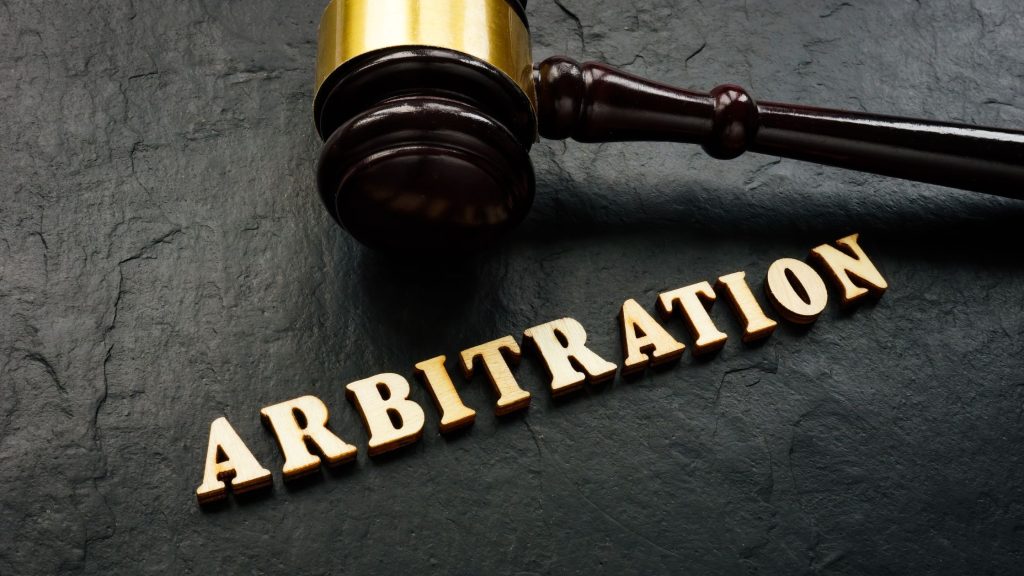ARBITRATION/ADR

"Navigating Conflict with Grace:
The Power of Arbitration and Alternative Dispute Resolution”
Introduction: Conflict is an inevitable part of life, and it often finds its way into various aspects, including business, contracts, and interpersonal relationships. However, there’s a solution that offers a more peaceful and efficient way to resolve disputes than traditional litigation: arbitration and alternative dispute resolution (ADR). In this blog post, we’ll explore the world of arbitration and ADR, their significance, and the benefits they bring to the table.
1. Understanding Arbitration: Arbitration is a form of ADR that involves a neutral third party, the arbitrator, who reviews the evidence and arguments presented by both sides and renders a decision. It is often used to resolve disputes in business contracts, construction, employment, and other areas. Unlike litigation, arbitration offers a faster and less formal process.
2. Advantages of Arbitration:
Speed: Arbitration typically resolves disputes more quickly than going through the court system, saving time and money.
Privacy: Arbitration proceedings are often confidential, offering parties more privacy compared to public court trials.
Expertise: Arbitrators are often experts in the relevant field, providing specialized knowledge and insight into the dispute.
Flexibility: Parties can choose their arbitrator and have more control over the process.
3. Exploring Alternative Dispute Resolution (ADR): ADR encompasses various methods beyond arbitration, including mediation, negotiation, conciliation, and collaborative law. These approaches aim to help parties find common ground and reach mutually acceptable solutions without resorting to litigation.
4. Benefits of ADR:
Preservation of Relationships: ADR methods focus on finding solutions that both parties can agree on, preserving relationships that may be strained by litigation.
Cost Savings: ADR is often less expensive than litigation, as it reduces legal fees, court costs, and lengthy proceedings.
Creative Solutions: ADR allows for creative problem-solving and customized solutions that may not be available in court.
Efficiency: ADR typically results in faster resolutions, helping parties move forward with their lives or businesses more quickly.
5. Choosing the Right Approach: Selecting the appropriate dispute resolution method depends on the nature of the conflict, the parties involved, and their preferences. Some cases may benefit from arbitration, while others may be better suited for mediation or negotiation.
Conclusion: Arbitration and alternative dispute resolution offer valuable alternatives to the often lengthy, expensive, and adversarial process of litigation. Whether you’re a business owner, a party to a contract, or dealing with a personal dispute, considering these methods can lead to faster, more cost-effective, and less stressful resolutions. The power of arbitration and ADR lies in their ability to foster cooperation, compromise, and amicable solutions, ultimately allowing parties to navigate conflicts with grace and dignity.

